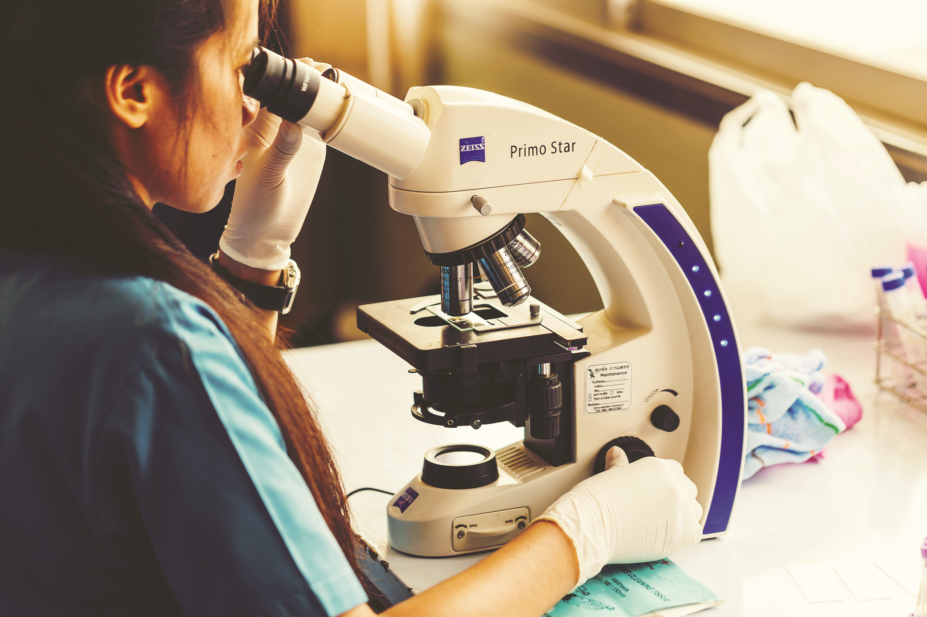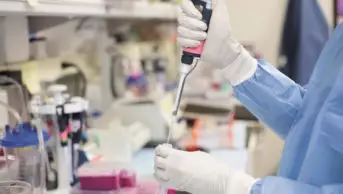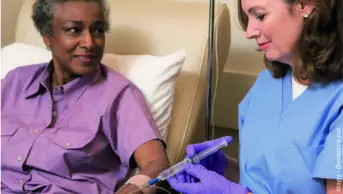
Shutterstock.com
The government is promising quicker access to new breakthrough medicines as part of improvements to the Accelerated Access Collaborative (AAC).
The existing AAC was established in 2018 to speed up the process to allow potentially ground-breaking medicines and products into the NHS.
Under the new changes, the AAC will become the umbrella organisation for UK health innovation, which will support manufacturers and others overcoming barriers for their innovative products and become the ‘front door’ for innovators looking to get their products funded by the NHS.
A new NHS unit has been established to support the AAC, which will now create a single point of call for innovators keen to get their products into the NHS; establishing a “global leading” testing infrastructure is also planned as part of the changes.
The changes were announced on 2 May 2019 at the annual conference of the Association of the British Pharmaceutical Industry, where Mike Thompson, chief executive officer at the association, said the development would change the lives of patients in the UK.
“It sends a clear message that the UK intends to build an innovation-led economy alongside a more productive, innovation-ready NHS,” he said.
Health minister Baroness Blackwood also told the conference that the goal was to ensure NHS patients would be the first in the world to get access to life-saving treatments, adding that “We also need to ensure that we stop using products that are no longer effective”.
Blackwood said that in order to ensure “regulatory flexibility” she had asked the National Institute for Health and Care Excellence to look at its technology appraisals and highly specialised technology evaluation methods.
Since the AAC was established, it has selected and supported 12 ‘rapid uptake products’ for use in the NHS, including an early blood test for pre-eclampsia during pregnancy.
The Department for Health and Social Care said the products have the potential to improve the lives of around 500,000 patients and save the NHS up to £30m.


